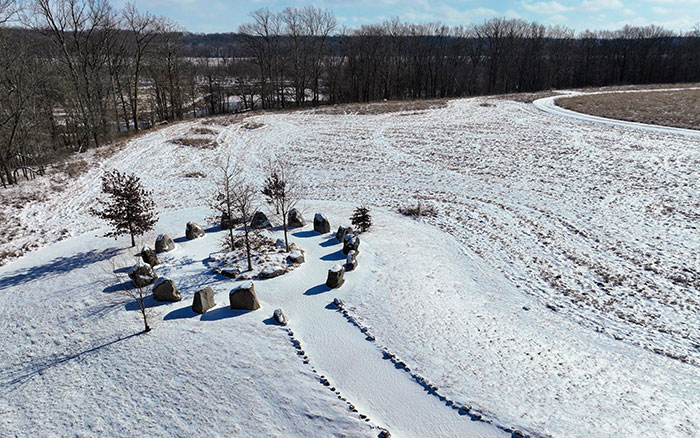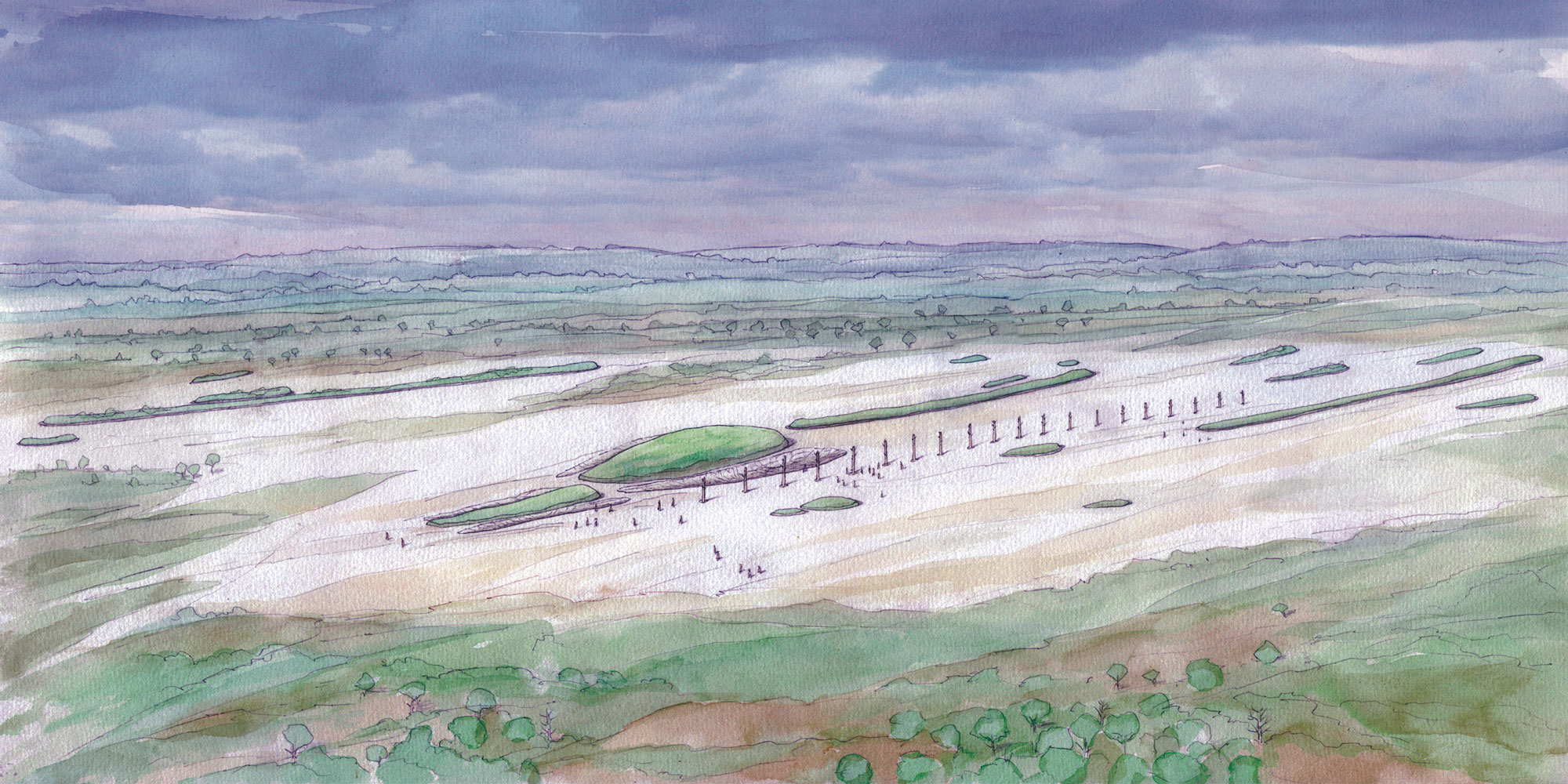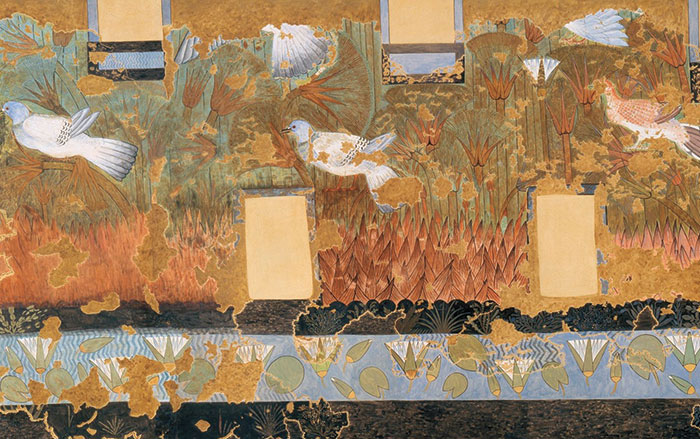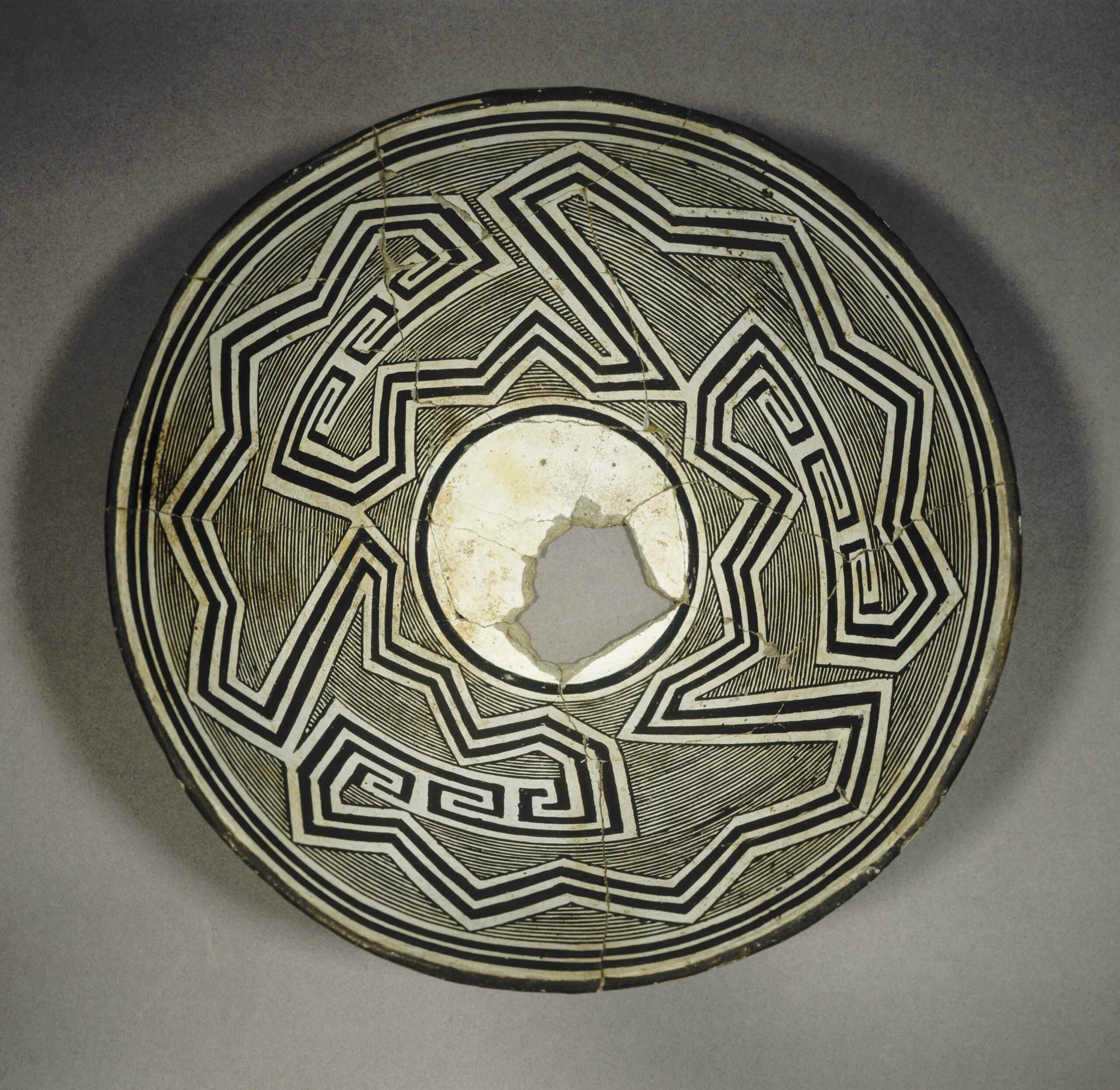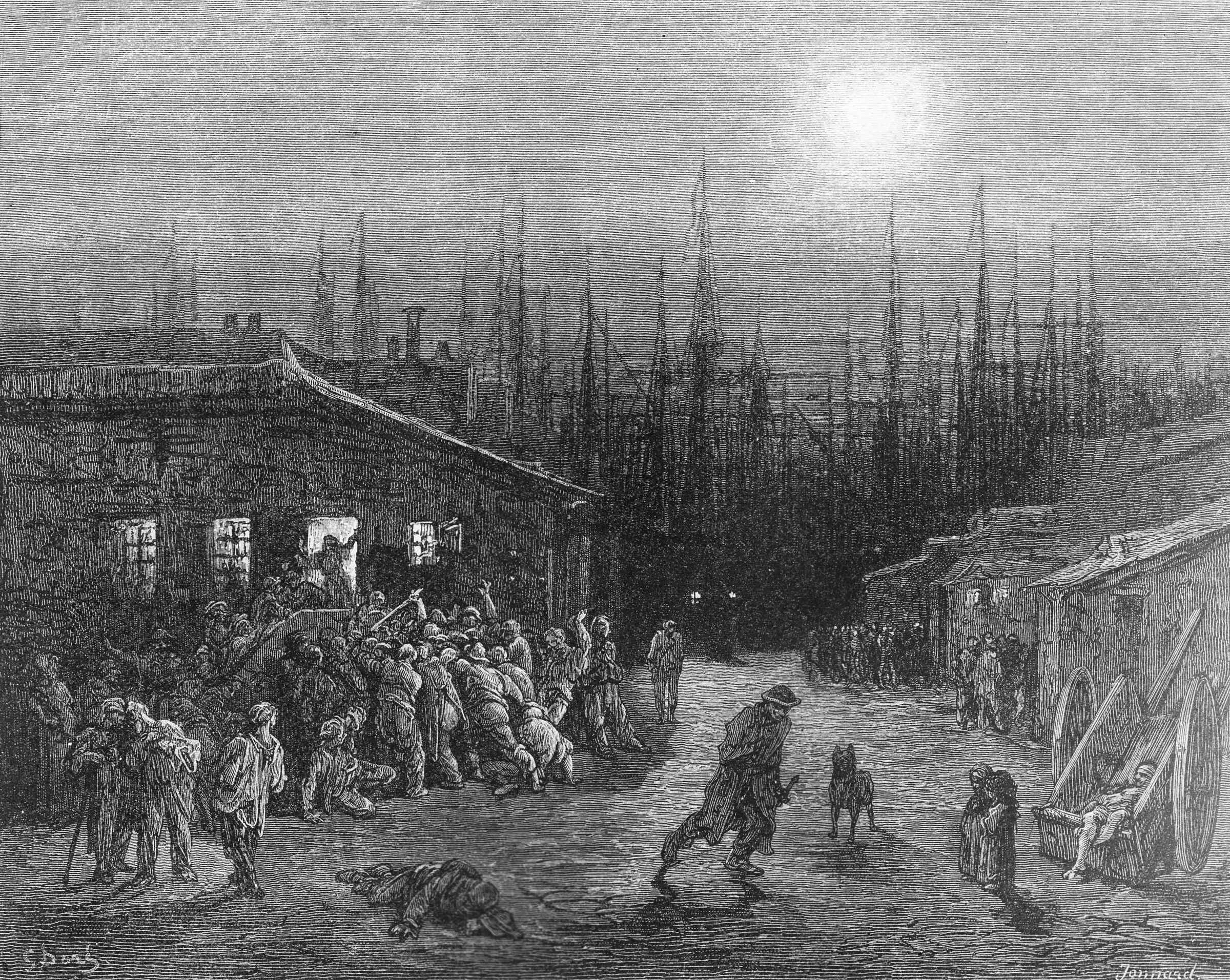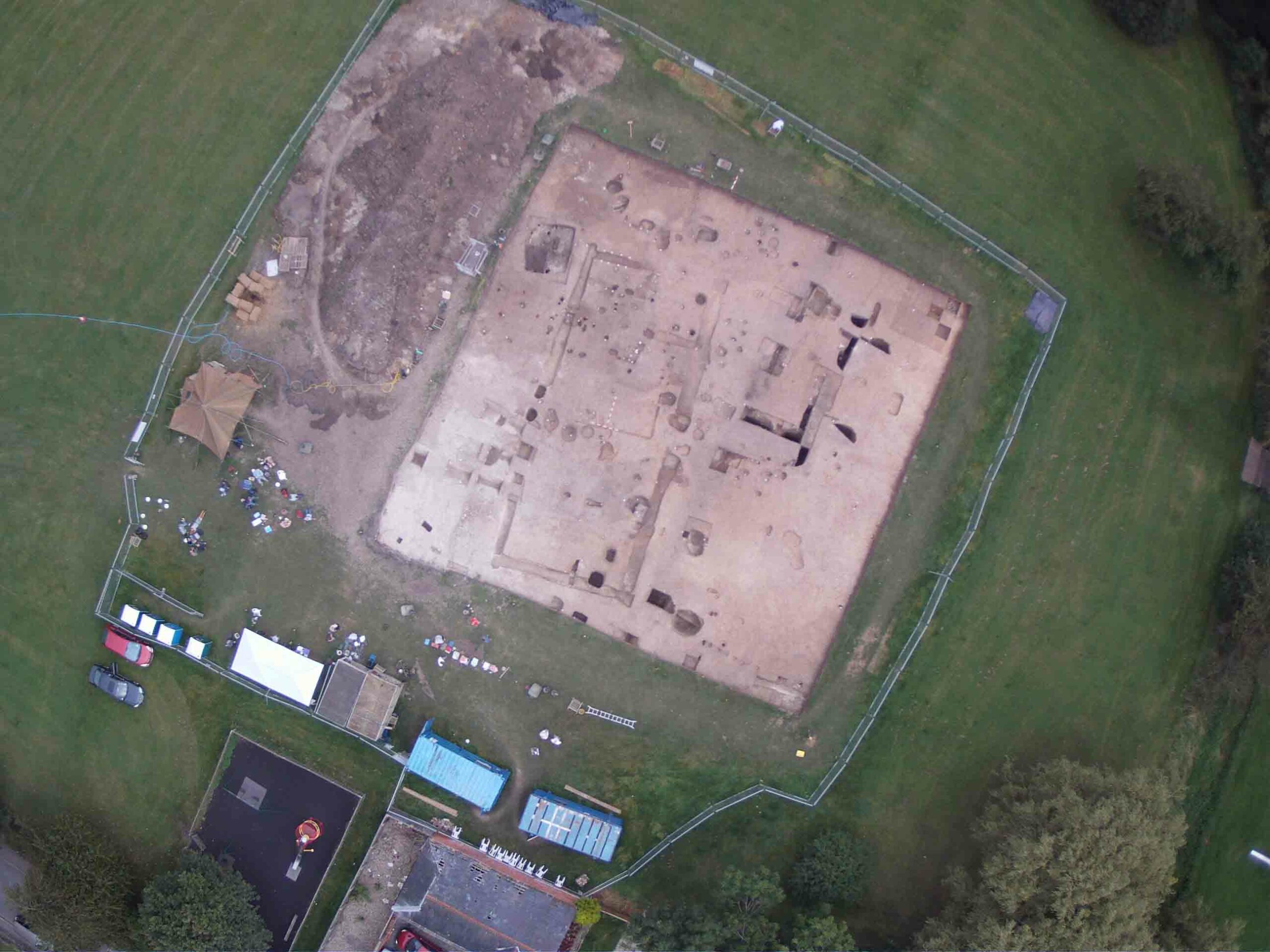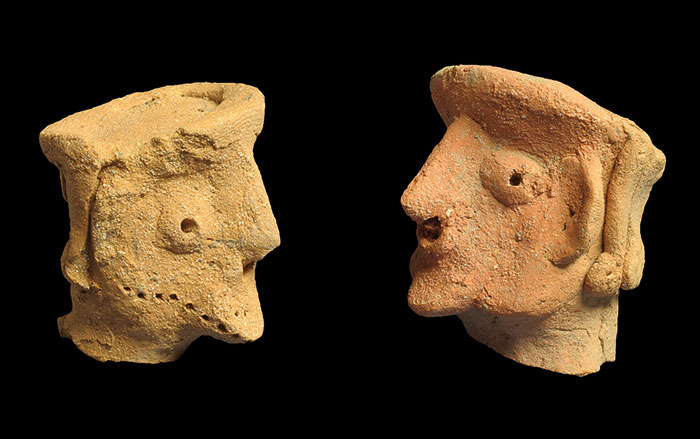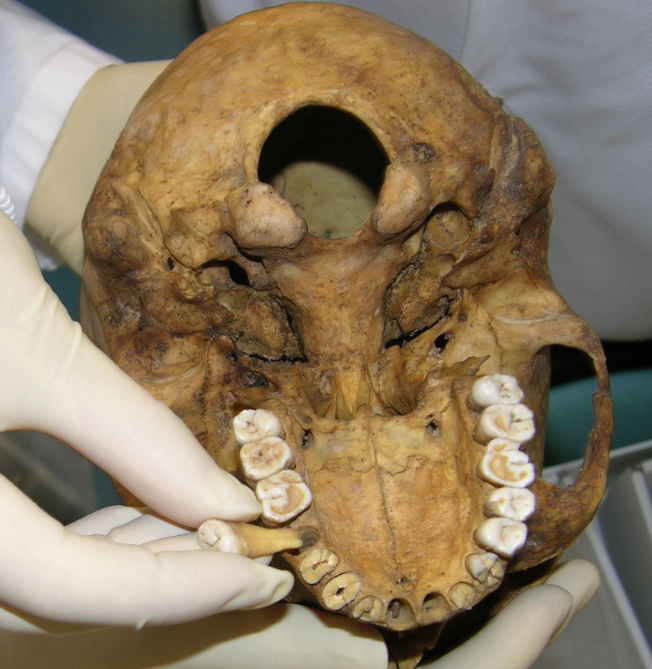
LYON, FRANCE--Times of drought in ancient Egypt left their mark on the enamel of mummy teeth, according to a new study conducted by geochemist Christophe Lecuyer of the University of Lyon. His team collected enamel from mummies at the Musée des Confluences de Lyon and tested it for oxygen and strontium isotopes, which varied as diet and drinking water varied. They found that Egypt became drier in the sixth century B.C., before it was conquered by Alexander the Great. “Our database cannot identify short-term events, only long-term trends, and there is [only] one obvious major event of increasing aridity that took place before the Later Period,” he said.


